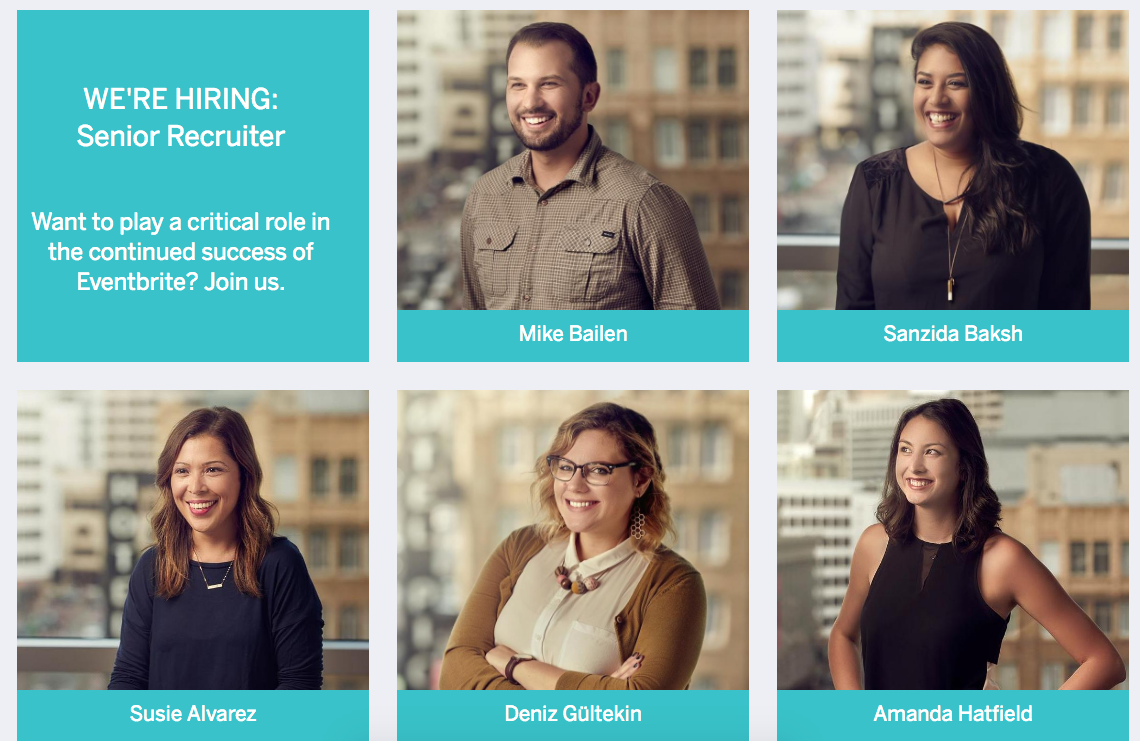
It’s the million dollar question: What do candidates really want out their jobs? Why? Because understanding what candidates look for in a role allows you to anticipate how to set yourself apart from other companies and what makes people excited to stick around long-term with your team.
Spoiler alert: According to Indeed, the major job criteria that matter to candidates are compensation, location, and flexibility. In other words, if you aren’t offering competitive rewards package, a manageable commute, and flexible work remote options, you might be in for a tough search. In fact, flexibility is now the third most important factor to workers, with 51 percent of those polled attracted to their job because of it, so make sure you’re keeping your policies up to date.
But that’s not all. When it comes to your hiring process, you’re also being evaluated by your candidates.




















